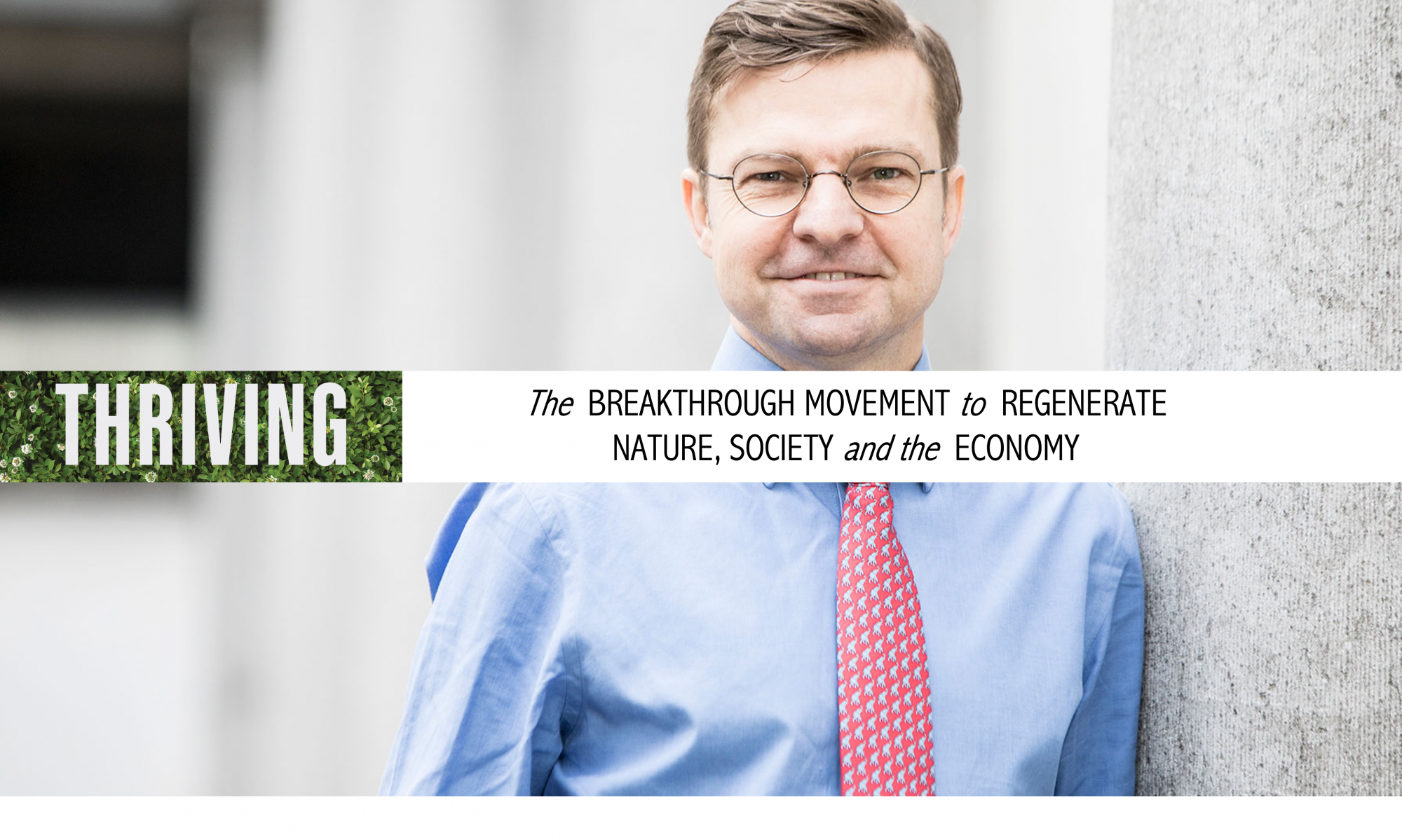Going glocal with CSR:
Multilateral musings in Mexico
Blog by Wayne Visser
In some senses, my CSR quest world tour, which was the main inspiration behind The Quest for Sustainable Business, started back in December 2007, on a trip to Guatemala. The main purpose of the visit was to launch The A to Z of Corporate Social Responsibility at the Inter-American Development Bank (IADB) annual conference on CSR. That was when the seed of the idea was planted—while talking to my colleague and co-author, Professor Dirk Matten, over a glass of celebratory champagne in the hotel bar late one night.
One of the greatest insights for me had come after a tour we had at a local sugar plantation. The company had prepared a presentation on its approach to CSR, and imagine my delight when I saw that it also had a CSR pyramid! The interesting thing, however, was that it was not Carroll’s CSR pyramid or a Prahalad and Hart’s BOP pyramid. Economic responsibility was still seen as most important, and depitcted as the bottom layer of the pyramid, but the next most important responsibility was to the families of the plantation’s employees. The third tier was community responsibility and, rather intriguingly, the apex of the pyramid was ‘engagement in responsible national policy development’.
Was that company right and others wrong in its interpretation of CSR? Of course, they were right. That is the beauty of ‘glocality’. It is not an ‘either–or’ mentality, but a ‘both–and’ approach. The other interesting observation is that they had formed a cooperative of farms in order to tackle CSR. Individually, they were too small to justify a sustainable business programme, but collectively, it made sense. This is one of the ways that SMEs can address sustainable business, through pooling their resources and collaborating.
I gained more insights into sustainable business and SMEs when I visited Mexico in 2008, at the invitation of Jorge Reyes, Director of the IDEARSE Centre at Anahuac University, which is doing some excellent work on the subject. In 2009, I was invited back to deliver the keynote address at its 7th International CSR Conference, and again in 2010 to run a workshop, so I got to know a little bit about its research programme.
In response to a government-sponsored project aimed at SME growth acceleration, IDEARSE put together an approach for supporting growth of the businesses through the implementation of a sustainable business administration model that would develop competitive advantages for the companies. Built into its business training programme, therefore, were six elements for SME development: self-regulation, stakeholders, human rights, environment, labour and social/community impact. Working with the supply chains of big brands such as Sony, Coca-Cola and Cemex, IDEARSE have taken more than many SMEs through the programme, with impressive results. On average across the six sustainable business dimensions, the SMEs improved from a score of 23% to 43%, while simultaneously showing average annual sales growth of 30%. They have effectively demonstrated that CSR is perfectly feasible for SMEs and may even be constructed as part of a growth and competitiveness strategy.
In 2008, on another trip to Mexico City …
Continue reading
[button size=”small” color=”blue” style=”download” new_window=”false” link=”http://www.waynevisser.com/wp-content/uploads/2013/08/blog_csrwire6_wvisser.pdf”]Pdf[/button] Going glocal with CSR: Multilateral musings in Mexico (blog)
Related websites
[button size=”small” color=”blue” style=”tick” new_window=”false” link=”http://www.waynevisser.com/books/the-quest-for-sustainable-business”]Link[/button] The Quest for Sustainable Business (book)
[button size=”small” color=”blue” style=”tick” new_window=”false” link=”http://www.csrinternational.org”]Link[/button] CSR International (website)
Cite this blog
Visser, W. (2013) Going glocal with CSR: Multilateral musings in Mexico, Wayne Visser Blog Series, 24 July 2013.



